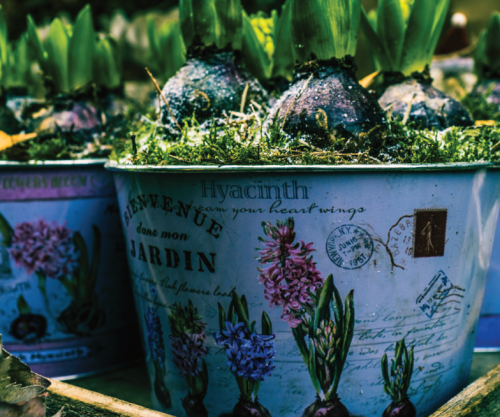
With plenty misconceptions surrounding our favourite drink, whisky connoisseur, Marsh Middleton helps whisk away a few of the major myths.

Are Single Malts better than blends?
One of the single biggest misconceptions is that a Single Malt is better than a blended whisky. Blends are in fact the number one selling type of whisky in the world, not Single Malts, not only due to price, but also its flavour accessibility. Single malt has a far more focused flavour profile. Obviously there is an astonishing complexity to a Single Malt, but if you combine around 40 different Single Malts and some grain to create a blend, just think of the exponential number of flavours that can be present. Don’t dismiss blends. I always say a blend can be like an orchestra of flavours, as opposed to one perfect note.
Does age define a great whisky?
Age might make a whisky more expensive, add some complexity and soften the dram, but great quality depends on the cask and the type of whisky made initially. Age can contribute to the definition of whisky. For instance, it must be 3 years old at least to be called a Scotch, but the fact that only water, barley and yeast is used in the making of whisky, and that sometimes peat is used, and that various casks are used, and that you can have blends and single malts and so forth – all contributes to the definition of a whisky. There are various parts of the production process that can actually define a whisky. A simple case in point can be a smoky whisky. The peat defines the whisky in this instance, as the age would in another, but whether it is a great whisky is very subjective.
Does older whisky taste better?
You may have heard that some people refer to a whisky’s distillery character. This is what a whisky is like when it is newly made. It’s already full of amazing unique flavours. You then age the whisky in a cask, allowing some of the rougher edges to dissipate, which is good. You can keep aging the whisky for as long as you want, but there comes a point where the wood takes over and the balance of the whisky is destroyed. It is all about balance. It is also all about the type of cask you use. Sometimes younger whiskies with great balance far outshine older whiskies that have too much wood influence.
Is whisky a manly men’s drink only?
Think whisky is male-only territory? Well, think again.
No doubt it might have been the case some years back. Things have changed. There are extremely knowledgeable master blenders and ambassadors that are women – if you look at the production and promotion of whisky, women overall seem to have a much better sense of smell and taste, so they appreciate the various aromas and tastes present in a wide range of whiskies. Some women enjoy peaty whiskies, so not even the smoke and power can put them off.
Do all whiskies cost an arm and a leg?
For those who want to dabble a bit in the world of whisky, you don’t have to be frightened by the perceived cost-barrier. There are some phenomenal whiskies out there, and some very expensive ones, and in both cases this can be subjective. It really depends on what you think is expensive and what you think is great.
In conclusion
Now that we’ve set the record straight and debunked the biggest whisky myths, all that’s left to do before sitting back and relaxing with your favourite tipple is figuring out what your whisky flavour profile is.
To find out what your flavour profile is, visit flavoursofwhisky.co.za




